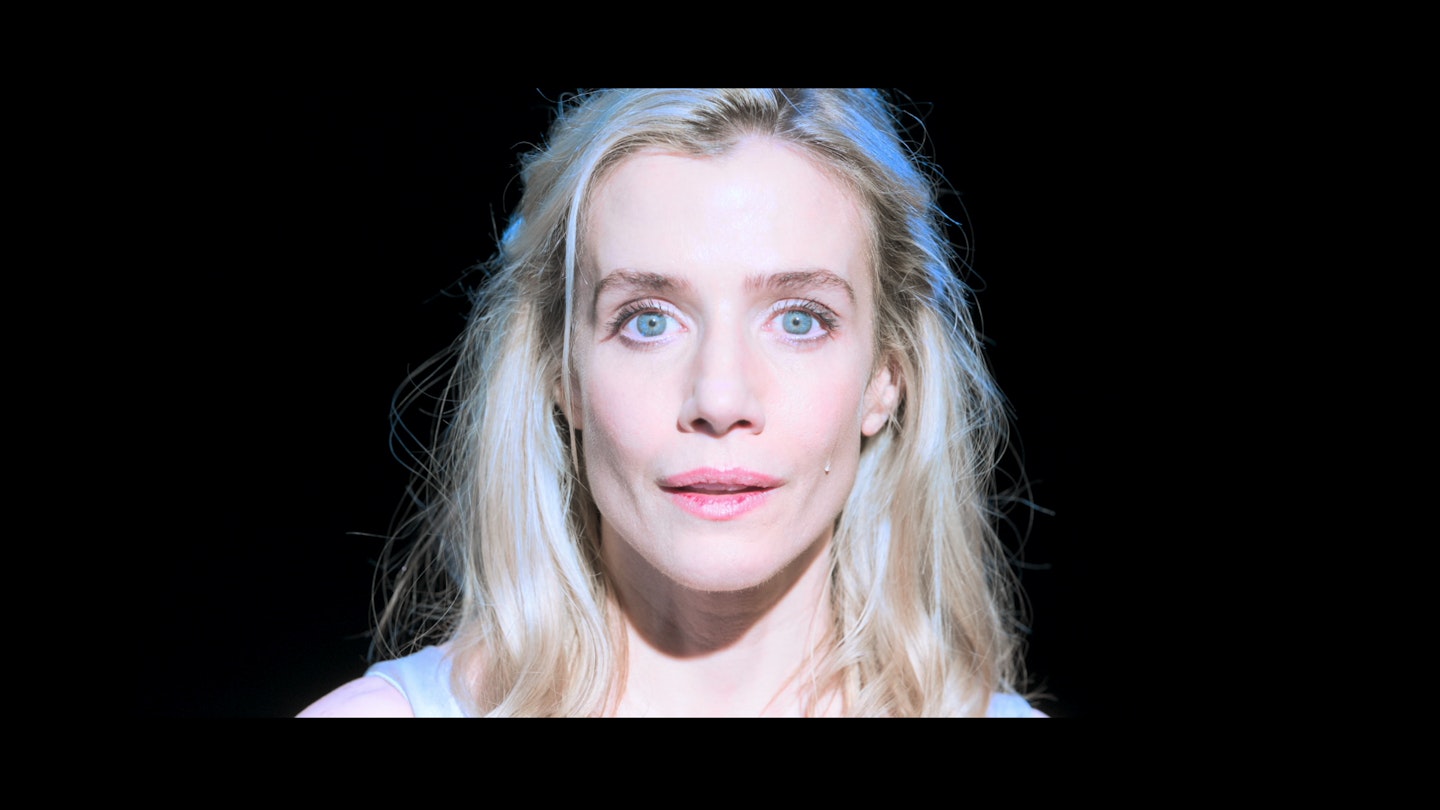You might well ask ‘What relevance has a play that was written 2,000 years ago? What bearing does it have on me today?
Consider this. Has anyone ever called you hysterical? And have you ever wondered where that word comes from? The term hysteria comes from the Greek word hysterika, meaning uterus. The ancient Greeks believed that a wandering and discontented uterus was blamed for excessive emotion in women. In the 19th century, hysteria was considered a diagnosable physical illness in females.
The ancient master storytellers knew the importance of silencing and controlling women. And they were fantastically good at it. The Greeks invented democracy but it was a democracy with very clear limits: no foreigners, no slaves and, of course, no women. This male club also understood something quite fundamental. If you were in charge of the ‘logos’ or ‘word’, then you could mould how citizens in this limited democracy thought.

The Greeks knew how important theatre was in this respect and so they actually paid citizens to attend. Citizens, of course, only refers to men. Women were barely allowed out of the house. Men went to the theatre to watch other men in plays about difficult women. There was Medea who murdered her children because she was angry with her husband for going off with another woman. Oh and Medusa, you know the powerful and smart one with snakes in her hair? Let’s cut off her head!
It is an ancient architecture that has endured to this day. In 2016 former President, Donald Trump, obtained the most powerful political office in the world by tapping into these very narratives with slogans about Hillary Clinton, such as #lockherup and #nastywoman. Most Trump supporters probably didn’t have much knowledge of ancient Greek literature. But his campaign still repeatedly used the image of Perseus holding up the severed head of Medusa, sometimes with Hillary Clinton’s face superimposed on it. Trump certainly knew how to trigger a deep and ancient narrative of misogyny. And it worked.
And what of Antigone, the rebel upstart who dared challenge the King because he wouldn’t let her bury her brother? By standing to him, she threatened the foundations of the social order.

I was cast in the role of Antigone when I was just 18. It made me want to become an actor but I never managed to make it work. It took me almost 30 years to realise that in this so-called feminist play, women’s lines only take up 30 percent of the text. Over the centuries, Antigone has been revisited time and again by male writers. But every version I have read presents her as a shrill, emotional adolescent.
In 2017 as I watched Trump’s inauguration, I realised that as an actress I had the power to reinterpret these persistent narratives. I no longer wanted to act as a useful idiot for a toxic patriarchy. I have played every version of the bitch the bimbo and the psycho and I have had enough.
When the Booker prize-winning novelist, Colm Tóibín, said that he wanted to write a play for me. My immediate reply was; “I need an Antigone”. The time seemed ripe for Antigone to rise again, It was my ambition to perform her as a strong woman who had the courage to speak truth to power and give my nieces and the next generation a relatable role model to look up when they are faced with injustice.

And so we set about working. Colm would send me a draft scene in the morning. I would then record it and send it to him in the afternoon. Our debates over the phone would last late into the evenings. “I'm not saying the word shrill, Colm!” “Why are you describing Creon as sane and Antigone as mad”? I solicited help from our students in Columbia University where we were co-teaching a course on the play. “Mr Tóibín,” they would say: “Why do you say filled with child as if to suggest she’s unfulfilled without one?”
I didn’t have to win every argument. I needed to meet Colm in the middle otherwise we would have succeeded only in creating a polemic and not a drama. It was Colm’s idea to write the story from the point of view of Antigone’s sister, Ismene. She is the good sister, the one who acquiesces and in turn the one who survives to ask the question - not only of herself but of all of us - ‘who are we, if we are not Antigone?’
What must we do when we realise that it costs us more to keep the peace than to stand up and say I am not afraid? Courage is not some gift we are born with. Courage is what happens when we lean into our fear, acknowledge our fragility and speak up regardless. There is a bit of Antigone within us all.
